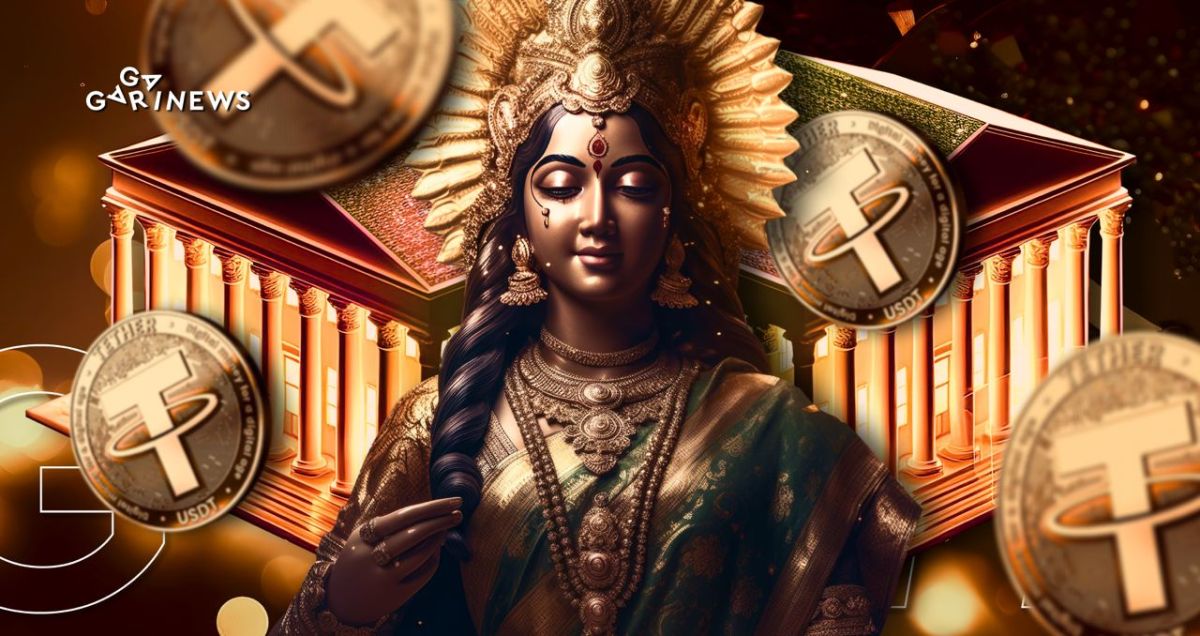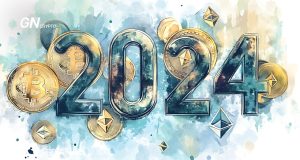Reserve Bank of India: Stablecoins Pose an Existential Threat

Stablecoins pose risks to national monetary policies, but there could be a solution — CBDCs.
On this page
T Rabi Sankar, the Deputy Governor of the Reserve Bank of India (RBI), has claimed that stablecoins offer no benefit to the country. He underlined that these types of coins operate effectively only in economies where their stability is backed by a particular currency.
Implicitly, this is a critique directed at the U.S. Sankar expresses his fear of seigniorage — the profit made by a government by printing currency — being passed to private issuers. He feels that a situation in which stablecoins, having displaced the local rupee, are under American control, doesn't align with India's national security interests.
That is one aspect we have to take into account. What happens to India’s capital regulations or monetary policy. If large stablecoins are linked to some other currency, there is a risk of dollarisation,
elaborated Sankar.
While stablecoins may appear more dependable compared to other types of crypto assets, a genuinely stable solution involves the development of a national Central Bank Digital Currency (CBDC). The subsequent step entails devising tools that enable cross-border transactions using the digital rupee. Reports suggest that India is currently in discussion with partners from 18 different countries across the world on this subject.
Moreover, the Deputy Governor of the RBI has stated that a new international transfer mechanism is necessary not only for the impending CBDC but also to revamp the existing system for fiat cross-border transactions. This current system is markedly inefficient, monopolized, and demands significant restructuring. As per estimates by the World Bank, the fee for transferring small international sums can reach up to 6%, which is excessively high. With the availability of alternatives like stablecoins and CBDCs, it's becoming increasingly challenging for commercial banks to rationalize their inflated fees.
Indeed, the RBI's concerns about the potential dollarization of the economy could have been dismissed as part of the ongoing global geopolitical confrontation. However, it appears that's not the case. Almost simultaneously with Sankar's remarks, arguments resonating with the RBI's apprehensions have been voiced on the other side of the Atlantic.
What does a cup of coffee have to do with the future of the global economic system? As the US Congress prepares for its first vote on Stablecoin laws, US political leaders have a choice to make about the US and Dollar competitiveness. A video for political leaders below. $USDC,
tweeted Circle CEO Jeremy Allaire.
The US dollar is under threat Source: Twitter
In his video, Allaire emphatically calls on politicians to safeguard stablecoins. Otherwise, the US dollar could forfeit its global dominance.
If the dollar is to remain the world reserve currency… then we need to build trust in digital dollars and regulate stablecoins today,
he insists.
It's worth mentioning that in mid-July, Congress was on the verge of voting on a bill focused on stablecoin regulation. The proposal is under scrutiny by a specialist committee in the House of Representatives, with Democrats and Republicans trying to find common ground on Federal Reserve oversight of stablecoin issuers. Note that Circle is the issuer of USDC, a stablecoin that ranks second in global market capitalization. Jeremy Allaire, like many others in the crypto space, has consistently advocated for the establishment of a legal framework for the US cryptocurrency sector.
The content on The Coinomist is for informational purposes only and should not be interpreted as financial advice. While we strive to provide accurate and up-to-date information, we do not guarantee the accuracy, completeness, or reliability of any content. Neither we accept liability for any errors or omissions in the information provided or for any financial losses incurred as a result of relying on this information. Actions based on this content are at your own risk. Always do your own research and consult a professional. See our Terms, Privacy Policy, and Disclaimers for more details.


























